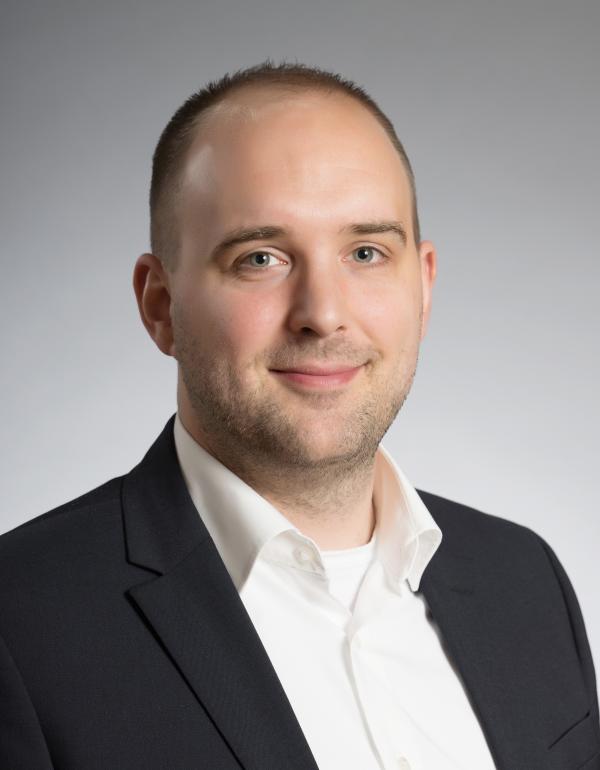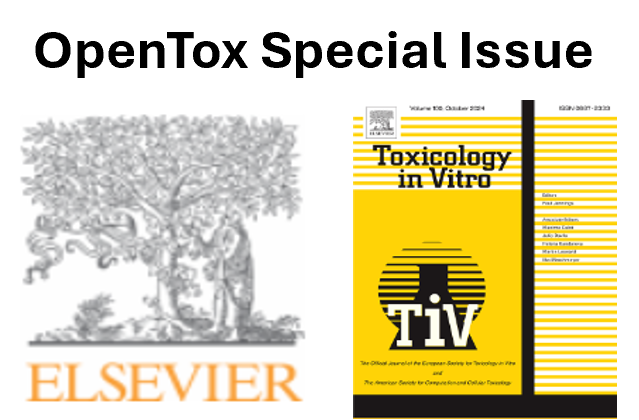
Volker M. Lauschke is Professor in Translational Pharmacology at Karolinska Institutet, Stockholm and Deputy Head of the Bosch Institute of Clinical Pharmacology in Stuttgart, Germany. His research group integrates 3D cell culture systems of primary human cells and microfluidics with phenotypic and chemogenomic screening to discover novel therapeutic strategies for NASH, infectious diseases (COVID-19 and hemorrhagic fevers) and complex metabolic diseases (type 2 diabetes). In addition, the lab develops machine learning tools to improve personalized pharmacological therapy and establish novel methods for the prediction of drug toxicity. V.M.L. has authored over 180 papers and is a Clarivate Highly Cited Researcher in Pharmacology and Toxicology. Furthermore, he is the recipient of multiple awards in the area of genetics and drug discovery, including the Malin and Lennart Philipson Prize, the AAPS High Impact Award and the ISSX Karl Netter Award. Besides his academic work, he is co-founder and CEO of HepaPredict AB, a biotech company offering 3D human liver models for drug discovery and development, as well as co-founder of Shanghai Hepo Biotechnology Ltd., which provides innovative organotypic and microphysiological 3D human tissue cultures to the Chinese market.
Advanced 3D in vitro methods for translational toxicology
Volker M. Lauschke1,2,3
1Department of Physiology and Pharmacology, Karolinska Institutet, Stockholm, Sweden
2Dr Margarete Fischer-Bosch Institute of Clinical Pharmacology, Stuttgart, Germany
3University of Tübingen, Tübingen, Germany
The number of successful drug development projects has been stagnant for decades despite major breakthroughs in chemistry, molecular biology and genomics. Unreliable translatability of preclinical in vitro and in vivo models has been identified as one major cause. Organotypic and microphysiological culture of primary human cells has emerged as a set of promising tools for preclinical drug development to narrow this translational gap. In this talk, I will provide an overview of recent efforts in developing 3D mature human tissue cultures and microfluidic models for the evaluation of drug metabolism and the assessment of compound efficacy. In addition, the talk will present recent use cases where the use of such organotypic cultures has had direct impacts on market authorizations.

